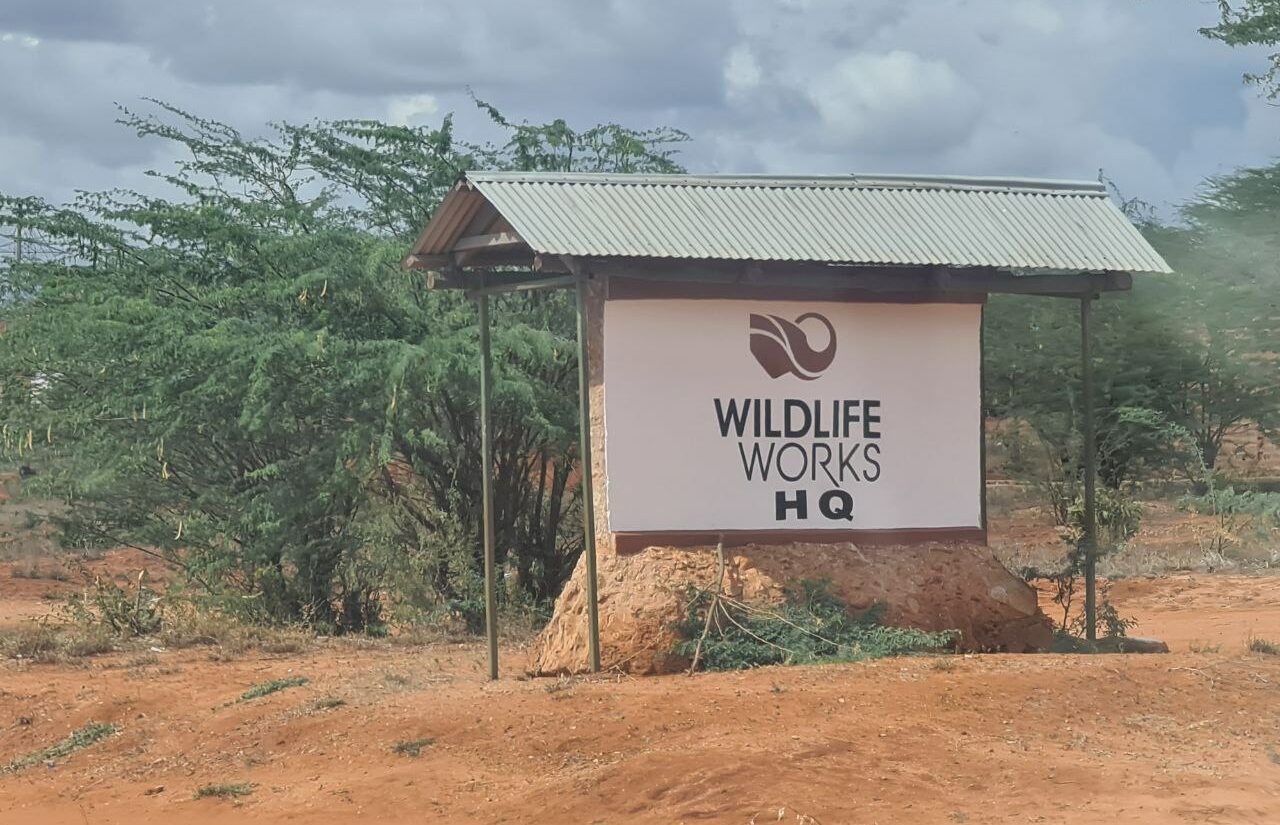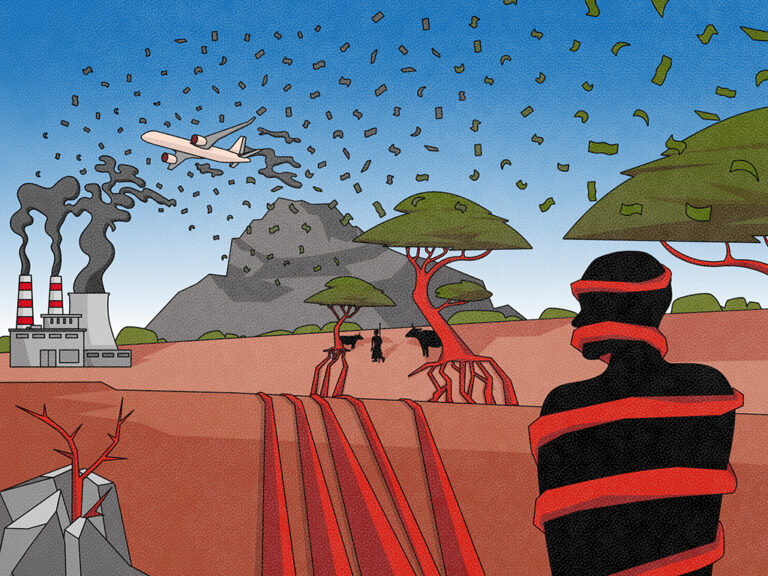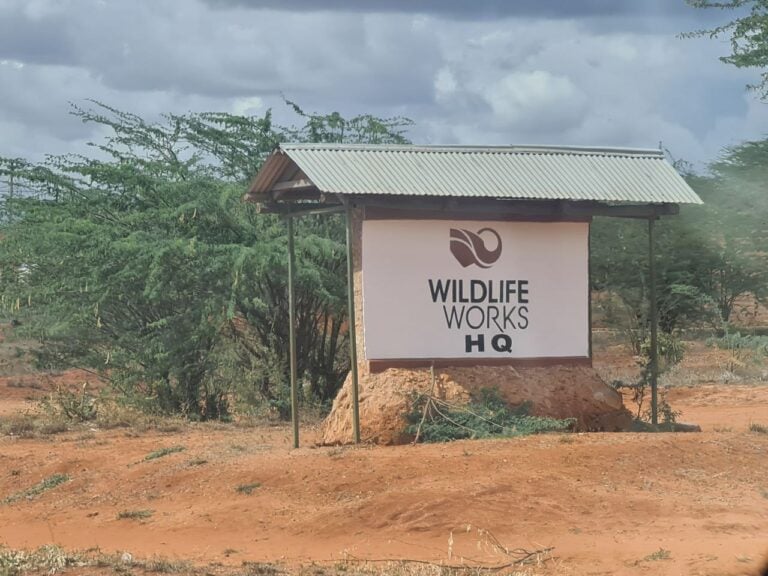
Responses to the allegations of sexual abuse at the Kasigau carbon offset project run by Wildlife Works
In November 2023, the Kenya Human Rights Commission (KHRC) and the Centre for Research on Multinational Corporations (SOMO) exposed serious allegations of sexual harassment and abuse at the Kasigau carbon offset project, run by Wildlife Works Carbon, in Kenya. The allegations of abuse dated back at least a decade and affected current and former employees of Wildlife Works and women living in the nearby communities.
The company, which failed to identify this long-standing abuse, set up an investigation based on our reporting, and this led to the dismissal of one individual “for gross misconduct, including conduct in violation of the company’s policy against sexual harassment.” Wildlife Works also terminated its Human Resources manager because he “created a culture of fear and intimidation that, according to interviewed personnel, prevented reporting of sexual harassment incidents.”
Wildlife Works subsequently made an allegation that SOMO had paid individuals to come forward with testimony. This is a baseless claim. Neither KHRC nor SOMO have ever paid people to provide information. Our organisations have a combined track record of eighty years of ethical research and human rights activism.
KHRC and SOMO are unable to disclose the names of those who provided testimony to us, as we guaranteed the anonymity of individuals, which is of paramount importance in research involving survivors of sexual harassment and abuse. Protecting the victims’ identities is one of the reasons why KHRC and SOMO enjoy the trust of victims of corporate harm and abuse. When women and men come forward, they should be able to do so with their privacy and dignity protected. For this reason, we went to lengths to protect the women who came forward to tell their stories.
It is clear that the company found that allegations documented by KHRC and SOMO were manifestly correct. The company has not, however, investigated all of the information that was provided.
Our research makes evident that allegations of sexual abuse were not confined to one perpetrator nor to one department. Our report and correspondence with Wildlife Works has been clear about the scope of the allegations we documented.
The decision by Verra to temporarily suspend the Kasigau project appears to have created a situation where communities believe that reports of abuse can lead to a loss of (potential) benefits.
This is consistent with the testimony given to us by an auditor of Kasigau (cited in our report) who told us that “local communities who benefit from project carbon revenues are less likely to share such issues, as doing so may risk the continuation of project benefits”.
The risk is that people are left with a choice to either live with abuse or lose benefits.
Meanwhile, at Kasigau, we understand that individuals who asked for anonymity and got it from KHRC and SOMO are being identified. This deepens our concern that a culture is emerging whereby those who suffer abuse may hear the message – do not expose abuse because the whole community may lose their benefits.
This case exposes the insidious core of the carbon offsetting industry: reporting abuse can threaten the profits of the carbon offset business. No community anywhere should have to make a choice between reporting abuse or losing benefits. Communities at Kasigau should not lose benefits due to a corporate failure to identify and prevent sexual harassment and abuse. Nor should women ever have to face the choice of silent acceptance of sexual harassment and abuse to preserve wider community benefits from a company.
Related news
-
Offsetting human rights Published on:
 Maria HengeveldPosted in category:Publication
Maria HengeveldPosted in category:Publication Maria Hengeveld
Maria Hengeveld
-
 Systemic sexual abuse at celebrated carbon offset project in KenyaPosted in category:News
Systemic sexual abuse at celebrated carbon offset project in KenyaPosted in category:News Maria HengeveldPublished on:
Maria HengeveldPublished on: -
Statement on Wildlife Works’ and Verra’s response to reports of sexual harassment and abuse at the Kasigau Corridor REDD+ ProjectPosted in category:Published on:Statement

